10 Benefits of Lean Management

You’ve probably heard of lean management. But are you aware of just how much implementing it can benefit your company? Perhaps not. But we’re about to change that.
Here’s why you should integrate lean management into your business.
The 10 Benefits of Lean Management
Table of Contents
Improved Quality Control
Quality control goes hand-in-hand with productivity. You can’t really change one without the other. Lean management systems help your organisation to realise that quality control should be one of your top priorities. Upon implementation, you will undoubtedly reach a stage where our second point (reduced waste) naturally happens.
Reduced Waste
Many businesses struggle with exorbitant waste. However, the more problematic companies don’t realise they have this issue. This mindset is harmful but with lean management, waste is considered by employees on every level. Your company will see waste reduction almost immediately.
Boost Team Morale
There’s no doubt about; businesses working under lean management have higher employee satisfaction rates. The reason for this is the improved trust and communication lines between management and staff that open under this system. Not only does better team morale benefit the individuals, but it’s also known to increase productivity across the board.
Enhanced Efficiency
Arguably, improved efficiency is one of the more noticeable effects of lean management. You’ll see this improvement in different ways depending on the method you use to measure progress and success.
Better Stakeholder Visibility
Stakeholders like to clearly see how a project is going, as well as any associated risks. With lean management, communication and reporting are improved, thus allowing stakeholders a better view of the project.
Predictable Customer Value
Lean management focuses on the customer’s opinion first and foremost. Over time, clients will come to know the high-quality outcomes they can expect when working with you. This is essential for ensuring consistent satisfaction and building a strong, positive reputation.
Decreased Costs
By cutting production throughput, decreasing inventories, and eliminating unnecessary waste, your organisation’s costs will drastically decrease. By how much? This system has been known to cut manufacturing costs by up to half.
Improved Priority Shift Management
Just like life, legislation and customer viewpoints change all the time. To keep up with this continuous adaptation, your business must shift its priorities. Otherwise, you’ll be working toward worn-out ideas that will not only decrease customer satisfaction but also increase your costs.
Increased Process Stability
Under lean management, your business can begin to focus more on deviation management and exploring solutions to remove them. When you first start working this way, it might feel counter-productive. However, it’s worth implementing a deviation management process in the first phase to use lean to its full advantage.
Adopt an Improvement Culture
Overall, lean management allows your company to focus on continuous improvement instead of maintenance. This new way of working means that your employees will always be looking for ways to better themselves for the team — yes, every day. You’ll see an overwhelming advancement in all aspects of your business over time.
Interested in implementing a lean project within your organisation?
Our lean programme, which attracts 95% funding, has run for over 20 years throughout the UK and has been applied to nearly every industry. To date the programme has identified in excess of £65m in benefits across 650+ companies.
Talk to us today to see how the programme can assist your business.
Share
Do you want us to take care of your fire compliance? H&S compliance? ISO certification? training? human resources?
At RKMS we are determined to make a business run as efficiently as possible. Will that next business be yours?
Related Resources
Do you want us to take care of your fire compliance? H&S compliance? ISO certification? training? human resources?
At RKMS we are determined to make a business run as efficiently as possible. Will that next business be yours?
John Keen
Do you want us to take care of your fire compliance? H&S compliance? ISO certification? training? human resources?
At RKMS we are determined to make a business run as efficiently as possible. Will that next business be yours?


